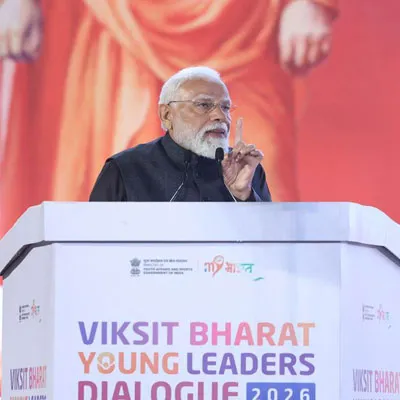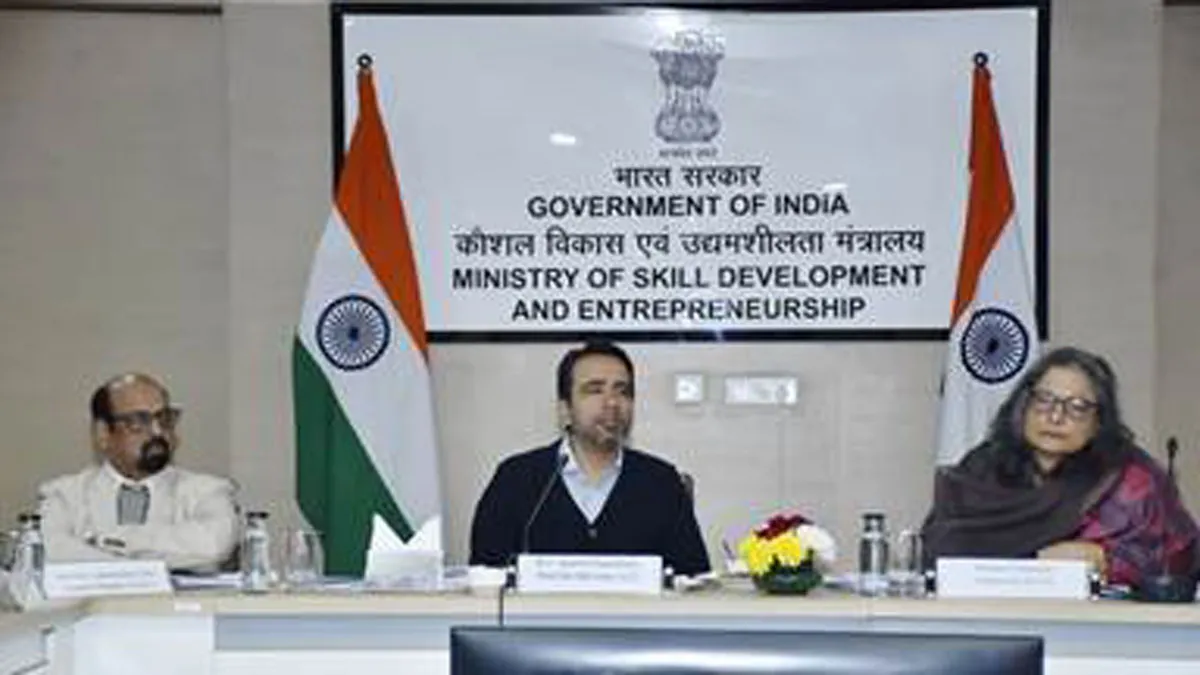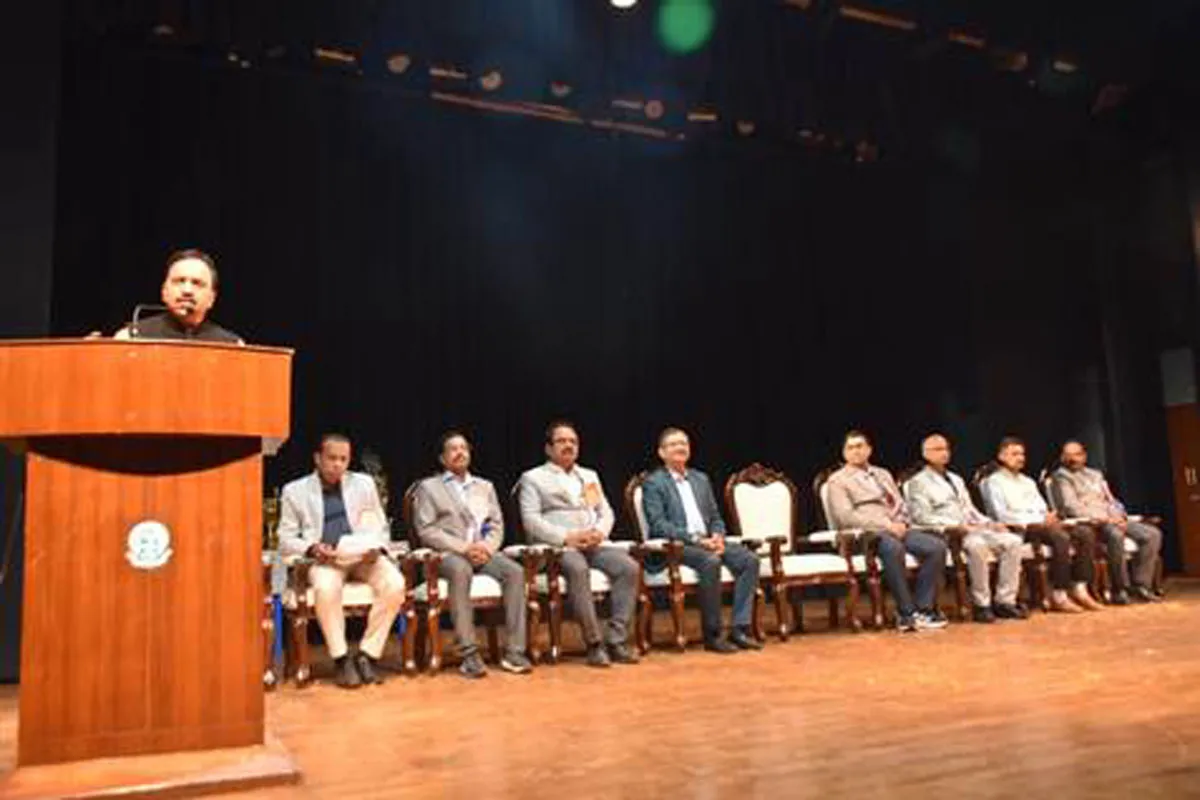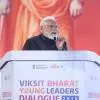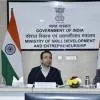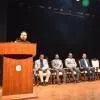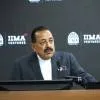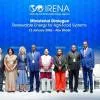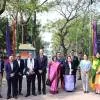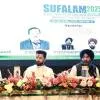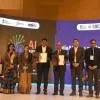Sonia Sethi, Joint Managing Director, MSRDC
CW presents the next in a series of interviews with women who have made their mark in the building and construction sector.
Hectic doesn't even begin to describe her schedule - it takes months of follow-up to secure an interview with Sonia Sethi. We conduct half the interview in her office, the other half in the car en route to Mantralaya, where she's headed for a meeting. Elegant, candid and articulate, the joint managing director of MSRDC provides leadership to the corporation in terms of its vision, takes policy decisions, ensures effective implementation of projects, and introduces innovative project structuring in changing market conditions and effective management of human resources. An IAS officer, Sethi brings to the job 17 years of professional experience in various levels of administration, from the grassroots district level to various state-level undertakings. Selected as an Eisenhower Fellow in 2012 (she passed up on the honour as it was a board examination year for her son), she shares her journey with Group Managing Editor FALGUNI PADODE. Excerpts from the conversation:
Tell us about your background.
I am a fauji's daughter-my dad was a colonel.Growing up in the armed forces environment, I travelled all over the country so I am equally comfortable anywhere. I have been told I speak Marathi like a Maharashtrian! I joined the IAS in 1994 and once I was allotted the Maharashtra cadre, I took pains to learn the language because I wanted to integrate with the people with whom I would be working.
What made you choose the IAS?
There was a strong desire to go out there and do something meaningful. Also, I love challenges. Two decades ago, this was perceived-rightly or wrongly-as the toughest thing to attain. So I was inspired by the competition.
Have you been able to rise up to the challenges?
Reasonably, I think! I have worked in infrastructure for the past eight years but before that I have worked in the districts, as assistant collector, CEO Zilla Parishad, district collector. Living in Mumbai, you have access to everything; in tribal areas, even getting a loaf of bread was a luxury. What really drove us was the passion to make a difference at the grassroots level. My work involved regulatory and developmental assignments. For instance, one could make systemic changes in areas like law and order, revenue collection, protocol, single-window clearance, grievance redress, computerisation of land records. I also worked to implement the development agenda of the government across sectors like water sanitation, public works, woman and child welfare, tribal development and public health.
What is your greatest achievement?
My district was a pilot district in community participation in creating water sanitation assets. So not only did we involve the community in policy making, we made them contribute; they were not only stakeholders but owners of assets. We imparted information by going to villages and organising various recreational and education programs; we got communities together, especially women. Water and sanitation appear gender agnostic but they are not because they directly affect women's lives; they have a direct impact on health indicators.
Then, you moved into infrastructure....
Yes, after I finished my district collector-ship, I came to Navi Mumbai as joint managing director in CIDCO. That started my journey into understanding the infrastructure space from the perspective of planning and implementation of mega projects. CIDCO is about land development. After land was acquired from local people and development took place, it was quite natural that people wanted a share of the value addition. So the government came up with a scheme of 12.5 per cent of land to be given back so they would be co-sharers. I was able to computerise this system so we were able to give the land back transparently. One major thing that ails mega projects is that people who are displaced are seen as a hindrance; instead, they should be partners.
What was very different working here after the districts?
I learnt very early in life that to be effective as a civil servant you had to be effective in stakeholder management-that's true anywhere. It's about teamwork; if you are thorough with what you are implementing, it is not so difficult to get everybody on board. There are good and bad officers; it is not about gender.
Passion alone does not suffice. You need to be very thorough by following the rules, regulations and procedures and yet not becoming handicapped by them. I have been fortunate enough to be able to carry people along.
Have you had to work harder to battle stereotypes as a woman?
If you have what it takes to deliver, these stereotypes stay at a superficial level. I have held difficult postings, worked in difficult areas; I have worked as district collector and held executive postings. I have worked in the infrastructure field for eight years now. My current organisation is dominated by engineers but I was very confident as I came with three years' experience in advisory work in the PPP sector with IDFC and I knew my job. In the infrastructure scenario, we have increasingly moved from EPC contracts to PPPs so my experience was valued; it did not matter whether I was a man or a woman because I brought knowledge that was relevant. So ultimately it is that and your people management skills that take you through.
What are the biggest challenges in your current role?
The biggest challenge in managing and implementing mega projects is to deliver effectively without too many procedural hindrances, to develop a more corporate sort of style. As we are moving increasingly from EPC contracts to PPP contracts, an entire set of new stakeholders come into play; the stakeholders are not only more diverse but the stakes are very high. So, stakeholder management becomes very important. And as there are so many departments involved for permissions, it requires a lot of hard work, paperwork, presentations, working with consultants. In the past year, some prestigious projects we have nurtured are on the eve of kicking off, like the water transport projects, both the east and west coast; the Peddar Road flyover; and north and south extensions of the sea-link. That has been satisfying.
What is the role of personal negotiations skills beyond procedures and paperwork?
An organisation with a corporate setup that is basically created to deliver major projects needs to be manned by people who are driven by a commitment that involves more than getting a day's work done. It always helps; I have seen some brilliant predecessors who have made a mark because of their personal leadership skills. So that element cannot be underestimated. But it is delusional to think you can do too much beyond your mandate. You win some; you lose some-you just have to know that you have done your best.
You are now working on a doctorate?
Yes, I'm in my third year. I am using my experience in the infra space, particularly in transport, to create a matrix for 'PPP-able' models that can be replicated across sectors. It is based on studying various models and lessons from our country as well as international learning. The idea is to have thumb rules that can be used more by practitioners than policymakers to ensure a project will work in the PPP space. I hope to complete it in another year; it's taking time owing to work and domestic obligations.
Tell us about your family.
My husband is also an IAS officer; he is senior to me. He was here until recently working as the Development Commissioner of Industries; he's now pursuing a Masters Course at the London School of Economics. We have two sons.
How do you handle the work-life balance?
It's tricky. Ultimately, we all have our own magic mantras. I would say effective time management, delegation, prioritising and trying to maximise every minute. Invest in relationships; I think that's where the real satisfaction of life lies. And at the end of the day, just take a little time out for yourself to recharge your batteries.
Any regrets?
As a rule, I try not to look back at life. It's one thing to learn from your experiences but I hate living with regret. I came across an interesting concept called 'self-compassion'. Most of us who are supposed to be achievers berate ourselves from time to time. We've grown with this over-exaggerated importance of self-esteem and it's about time that we substitute it with self-compassion and cut ourselves some slack.
What are you other passions besides work?
Reading, travelling. I like interacting with people. I also find cooking quite therapeutic so I can do it, not as a chore but for relaxation. The book in me is impatient to come out. Hope to write and publish it some time soon.
